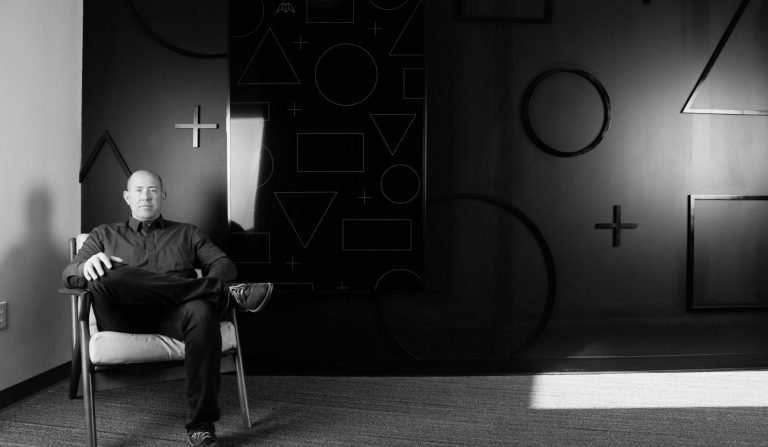I’d just returned from an intense four days of work travel and was navigating a Sunday morning with my family. Walking between the garage and the house, my 12-year old son asked in his usual direct way, “Mom, what’s wrong? Are you stressed?”
I was struck by how tuned in my son was to my body language, and by how he assumed the worst. I looked like my normal self (or so I thought). My son saw stress. Studies show that about 85% of executives believe they are self-aware when the reality is closer to 15%. I have to wonder, is my regular posture and expression one that communicates stress and tension? How long had I been unknowingly sending stress signals and potentially causing people to avoid me or avoid bringing up their needs or uncomfortable topics? I suspect that my lack of self-awareness had likely been straining relationships for a while.
Call it Quickly
Assume you are in the 85% of people who think they are self-aware but are not. Let’s face it. We all have room to grow. Invite your team to quickly name your unhelpful behaviors or confusing signals to minimize the damage those behaviors can cause.
Challenge Assumptions
I had a member of a client team share with me that his team identified that most of the top leadership was leading out of anxiety, causing trickle-down organizational anxiety and disengagement. I encouraged him to give that feedback to the CEO. His reply was that it wasn’t his place and that he wasn’t up for a fight. I challenged his assumptions and coached him on a delivery approach that would decrease defensiveness. Even so, if he doesn’t share that feedback, who will? His assumption that his feedback is unwelcome is as concerning and telling about the organization’s health as the feedback itself. Who is walking around your company believing their feedback would be unwelcome and would invite defensiveness? Are they right?
Celebrate Genuinely
As a leader, you likely deal with a lot of stress, uncertainty, and intensity; you likely balance complex relationships and tasks. When someone offers difficult feedback, it’s probably the last thing you want to hear and really absorb. These moments of feedback are profoundly important in shaping trust and inviting more frequent and more honest feedback. Don’t miss these opportunities. Acknowledge the person’s courage, thank them for their input, and schedule a time to circle back with them to follow up. Word will travel fast about a good feedback experience or a bad one. Even better, share the story of courageous feedback with your teams and invite more.
Like me, you may be totally unaware of the signals you are sending and the impact they’re having on those around you. At Kairos, we believe feedback up and down the chain of command is a gift and should be intentionally cultivated. We also believe that deep coaching can open one’s eyes to patterns of self-sabotage that damage trust, damage organizational culture, and keep you from reaching your business objectives.
Welcome truth-tellers who have the courage to tell you that you look stressed–even when they come in the form of a 12-year old boy.













